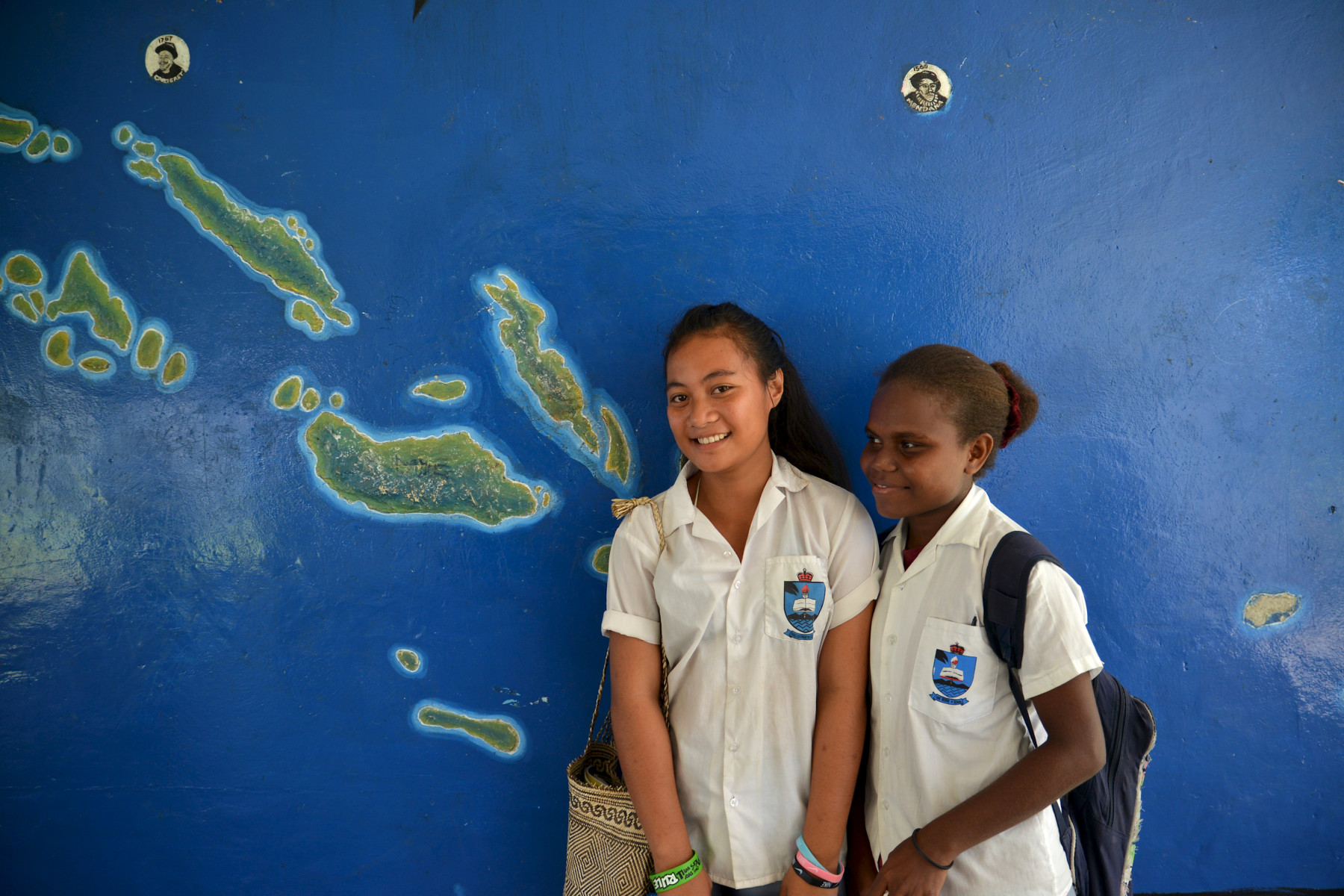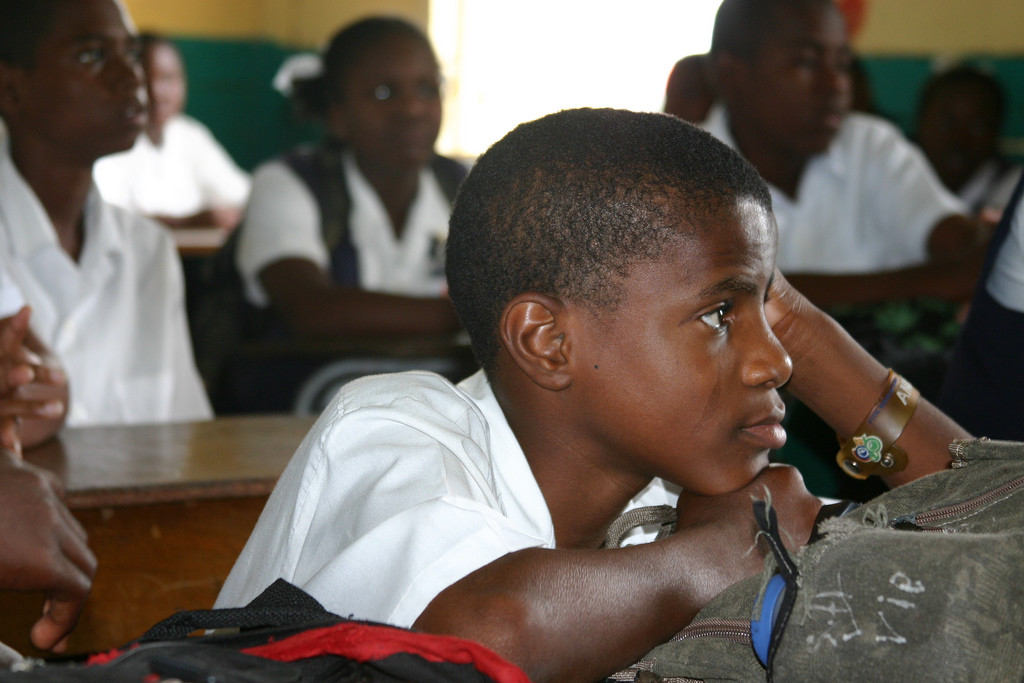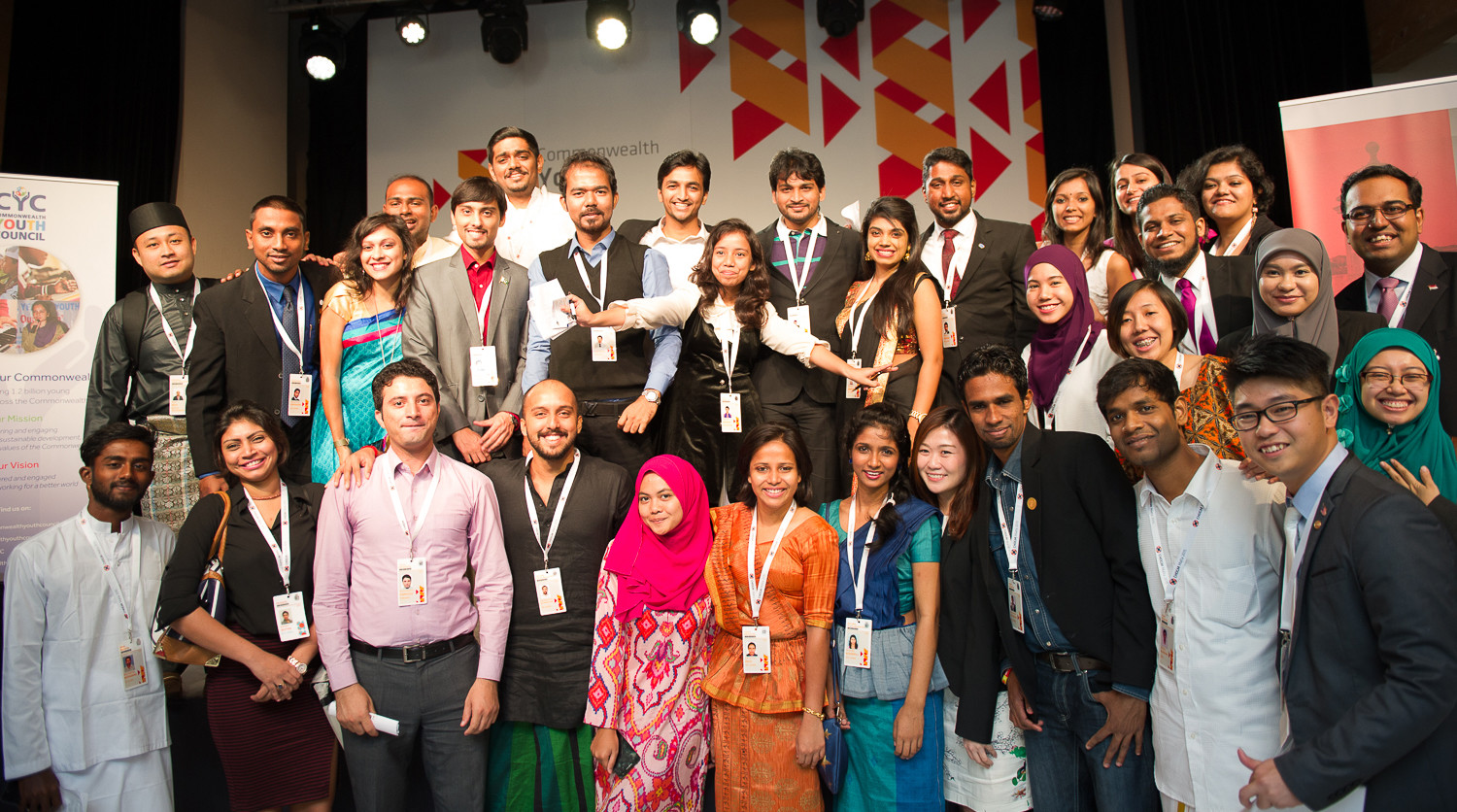Watch: Portraits of the Caribbean, a week-long programme that brought together 22 young leaders from across the Caribbean in July 2017
In July 2017, we took advantage of the Commonwealth Youth Games in Nassau, The Bahamas, to further our work in preventing violent extremism. Working with the Commonwealth Youth Peace Ambassadors Network (CYPAN), we brought together 22 young leaders from around the Caribbean for a week-long training programme. CYPAN optimises grassroots, national, regional and pan-Commonwealth efforts to promote peace, respect and understanding, and prevent violent extremism. It is an initiative that is supported by the Commonwealth Secretariat, is youth-led, is made up of more than 300 organisations and is active in 27 countries. Our aim was to equip these organisations with new skills and tools to enhance their own campaigns to build community resilience and counter extremist messages.
“It is of critical importance that we engage our young people right across the Commonwealth in order to empower them to be agents of change and to resist the narratives of extremism and hate that seek to undermine our common values,” said Secretary-General Patricia Scotland, who met with the young activists.
The participants deepened their understanding of how extremists seek to recruit young people and how they use digital platforms to reinforce their ideology online. To counter this threat, the participants were educated in best practices in building community resilience both “online and offline”. A trainer from Facebook provided guidance on creating successful social media campaigns.
I feel fully equipped to do my part in countering violent extremism.
— Micah Goodin from Belize
Part of a bigger plan
Mark Albon, Head of the Commonwealth Secretariat’s Countering Violent Extremism (CVE) Unit, was proud of the Caribbean project. He said it represents the start of a broader initiative that will support all regions of the Commonwealth, including Africa, Asia, Europe and the Pacific.
“The initiative aims to empower young people to think creatively about their own perspectives on community resilience and extremism, with a view to them delivering their own grassroots campaigns against the propaganda of those who promote violent extremism,” he said.
The Secretariat established the CVE Unit in 2017 to support national strategies in countering violent extremism. The unit leverages the Secretariat’s convening power and decades of experience in supporting member governments. That experience includes strengthening the rule of law, human rights and youth empowerment – while drawing on the shared values and cultural and regional diversity of the Commonwealth.
One of the participants, Micah Goodin from Belize, described the programme as an “eye opening and empowering” experience. “I feel fully equipped to do my part in countering violent extremism. When I return to my country, what I’ll be looking to do is share what I’ve learned with other youth leaders and stakeholders in youth development work so they can lead positive, successful social media campaigns,” he said.
Another of the participants, Terez Lord from Trinidad and Tobago, welcomed the opportunity to connect with other community activists. “Now that I am equipped with these useful tools, I intend to fully utilise them to promote the greater good in my country and the Commonwealth, by extension.”
“If communities come together and unite regardless of race, religion, political affiliation or sexual orientation there is very little space for violent extremism to penetrate,” said Zanda Desire from Saint Lucia. “There is reduced tension, increased understanding and this leads to more respect and tolerance in the long-run which will definitely prevent violent extremism.”
The training in The Bahamas follows a year in which we promoted Phase II of our Class Initiative in schools around the Commonwealth. The programme promotes an understanding of the Commonwealth, and its goals and values, such as respect for others, among schoolchildren aged 7-14. By the end of June 2016, 12,252 schools had been reached through face-to-face and online activities. By the end of March 2017, this figure had risen to 31,222 schools, significantly exceeding the 20,000 target.

Number of schools we’ve reached with our Commonwealth Class Initiative.


